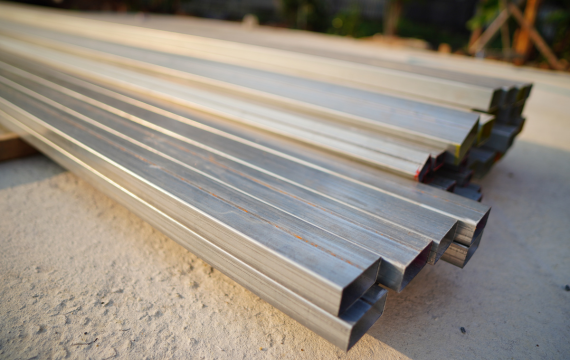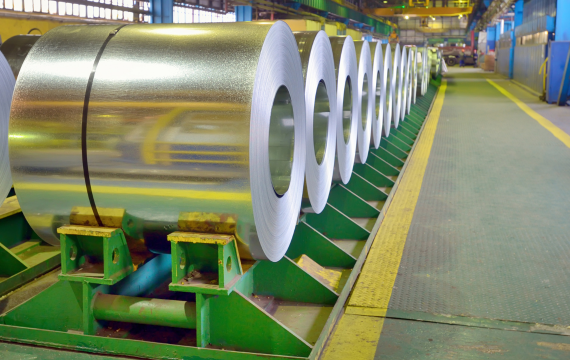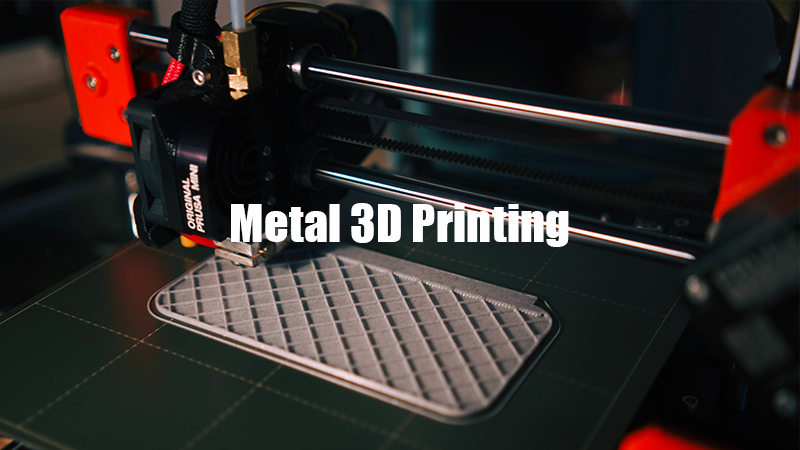Galvanized steel is a type of steel that has been coated with zinc, which enhances the attribute of durability and the ability to withstand corrosion.
Knowing how its density affects performance enables one to determine the appropriate material to use depending on the particular application.
Density of Galvanized Steel
Galvanized steel is a steel that has been coated with zinc, and the density of such steel is 7.85 g/cm3, which is equal to 7850 kg/m3, or 490 lb/ft3.

You will find these units useful depending on the size of your project and the type of material that you will be using.
To calculate the density of galvanized steel, use the formula: density = mass / volume. The formula to use in the determination of density of galvanized steel is:
- Density = Mass / Volume
Where:
- Density is measured in grams per cubic centimeter (g/cm2).
- Mass is measured in grams (g).
- Volume is measured in cubic centimeters (cm³).
Since galvanization involves applying a layer of zinc, it will slightly affect the subject density depending on the thickness of the applied zinc.
Depending on the required production, construction, or application in industries, it is crucial to determine the base material steel, which is galvanized steel. As well as the coating to achieve exactness in both the part and the cost estimate.
Factors Affecting Galvanized Steel Density
Base Steel
The density is a function of the kind of steel that is in use, as highlighted above. Carbon steel and alloy steel differ in base densities because their chemical compositions are distinct from one another. For example, the presence of some elements in alloy steels may have some effects on density.
Also, the grade and composition of steel used decide the density of the material used for production. For higher grades with more alloying elements, they are slightly denser than standard carbon steel.
You are able to estimate the final density of galvanized steel, which will enable you to determine the material that is proper for the task.
Zinc Coating
The density of the galvanized steel depends with the thickness of the zinc coating. The thickness of the layer provides more mass, thus the density characteristic of the layer is higher.
However, when you use application methods such as hot-dip galvanizing or electroplating, the thickness and coverage of the zinc are not consistent.
In general, the thickness to be galvanized by hot-dip is thicker compared to that of getting galvanized by electroplating. When evaluating the thickness of the coating, you can make the final decision about the density, which is important for its weight and performance.
Manufacturing Process
The density of galvanized steel is affected by manufacturing through the variation in density of the end product. Drifting in densities can occur where methods used in heating, cooling, and coating of the product differ slightly.
For instance, the temperature and time period during which the galvanization is done influence how well the zinc covers the steel.
Awareness of these manufacturing subtleties allows you to predict the final density and its adequacy for further use, meeting any requirements.
Surface Treatment
Density can be affected by treatments such as extra coatings or treatments applied after the galvanization process. It is even enhanced by extra layers, such as painting works or subsequent metal coating, which create extra weight.
It is also important to understand that other surface treatments alter the density of the galvanized steel on the basis of surface properties.

Applications of Galvanized Steel
- Construction: In construction, you use galvanized steel for structural parts and roofing since it is dense enough to provide stability as well as strength. Through the density of this material, it offers the strength required to take loads and withstand stresses from the environment.
- Automotive: In the case of automotive parts, the density of the galvanized steel proves useful in achieving an optimum balance of weight and power. You will find that it offers a lightweight yet strong character, which is vital to improving the performance and safety of the vehicles.
- Fencing: In fencing, the density of the galvanized steel makes the fence strong enough to withstand impacts and also bad weather conditions. The right density helps to make the fencing strong and to be of high durability and last long.
- Industrial Equipment: For industrial equipment, the density of galvanized steel ensures that parts do not break under mechanical pressure and are resistant to corrosion. It ensures that equipment density is robust, meaning that equipment performance is sustained and operational life is also prolonged.
Conclusion
In conclusion, it is evident that the density of the galvanized steel contributes to the performance of this material in the various applications. Knowledge of how density relates to strength, weight, and durability will help you in your projects.
More resources:
Does Galvanized Steel Rust – Source: KDM
Is Galvanized Steel Magnetic – Source: KDM




